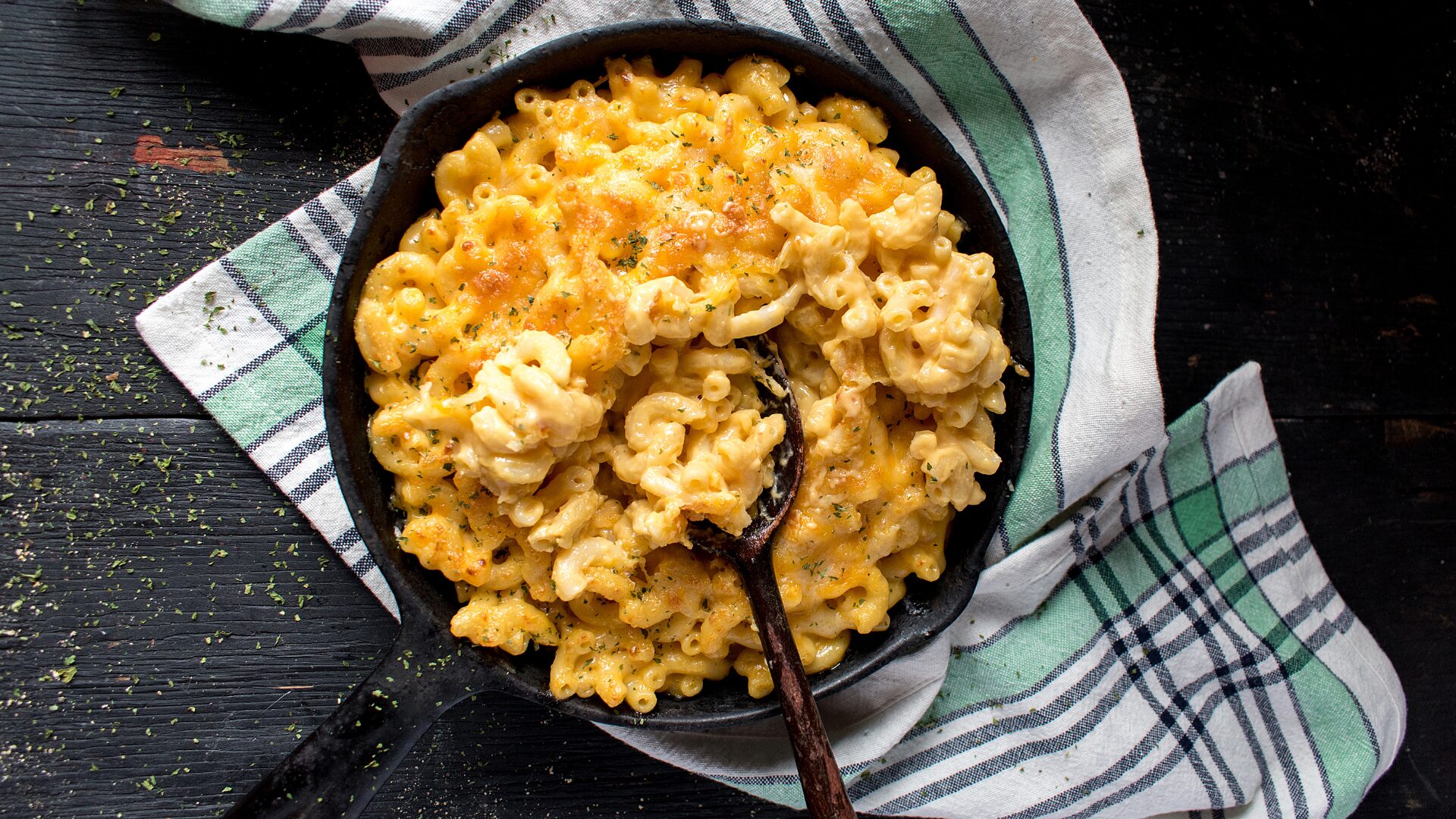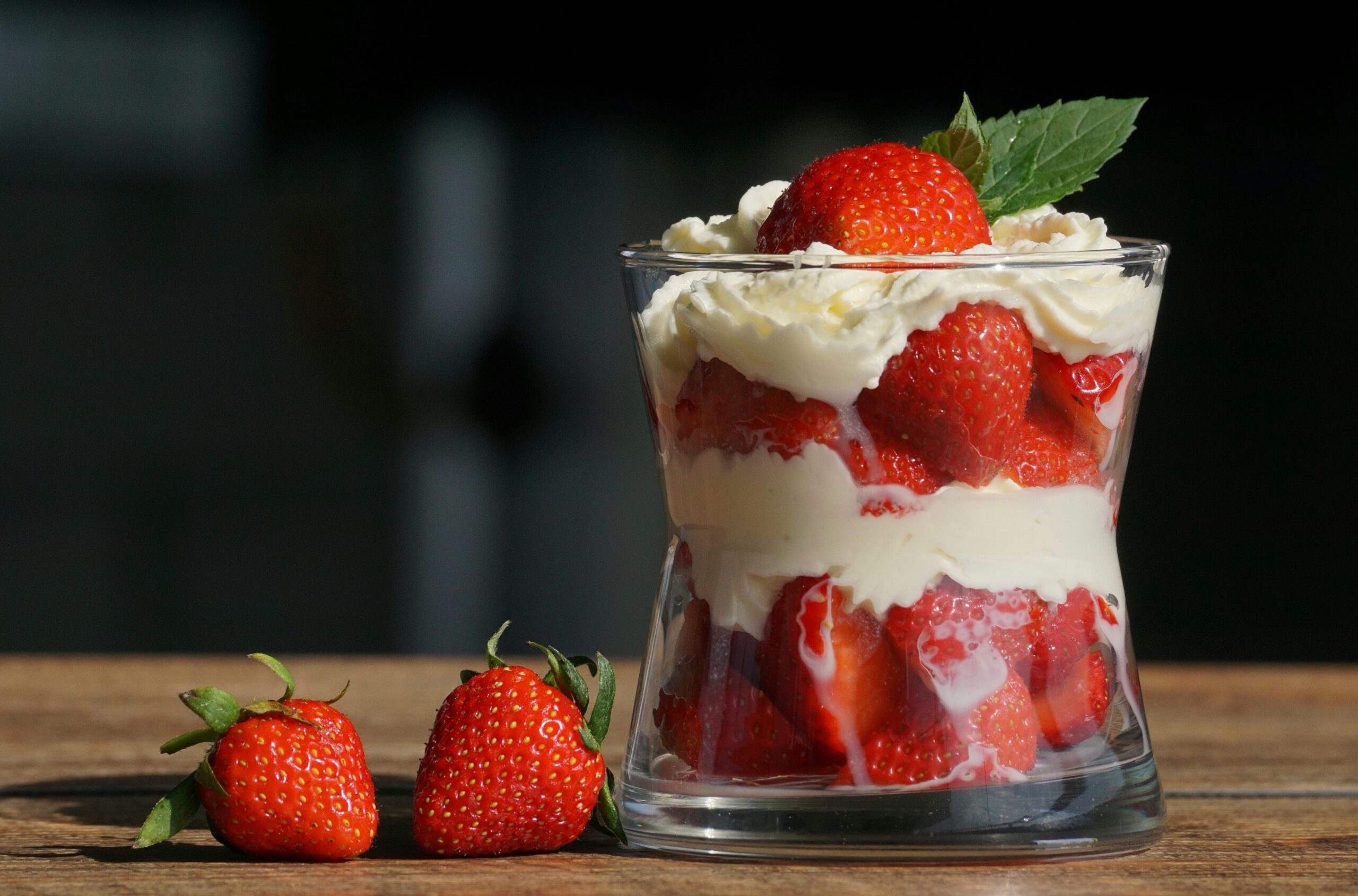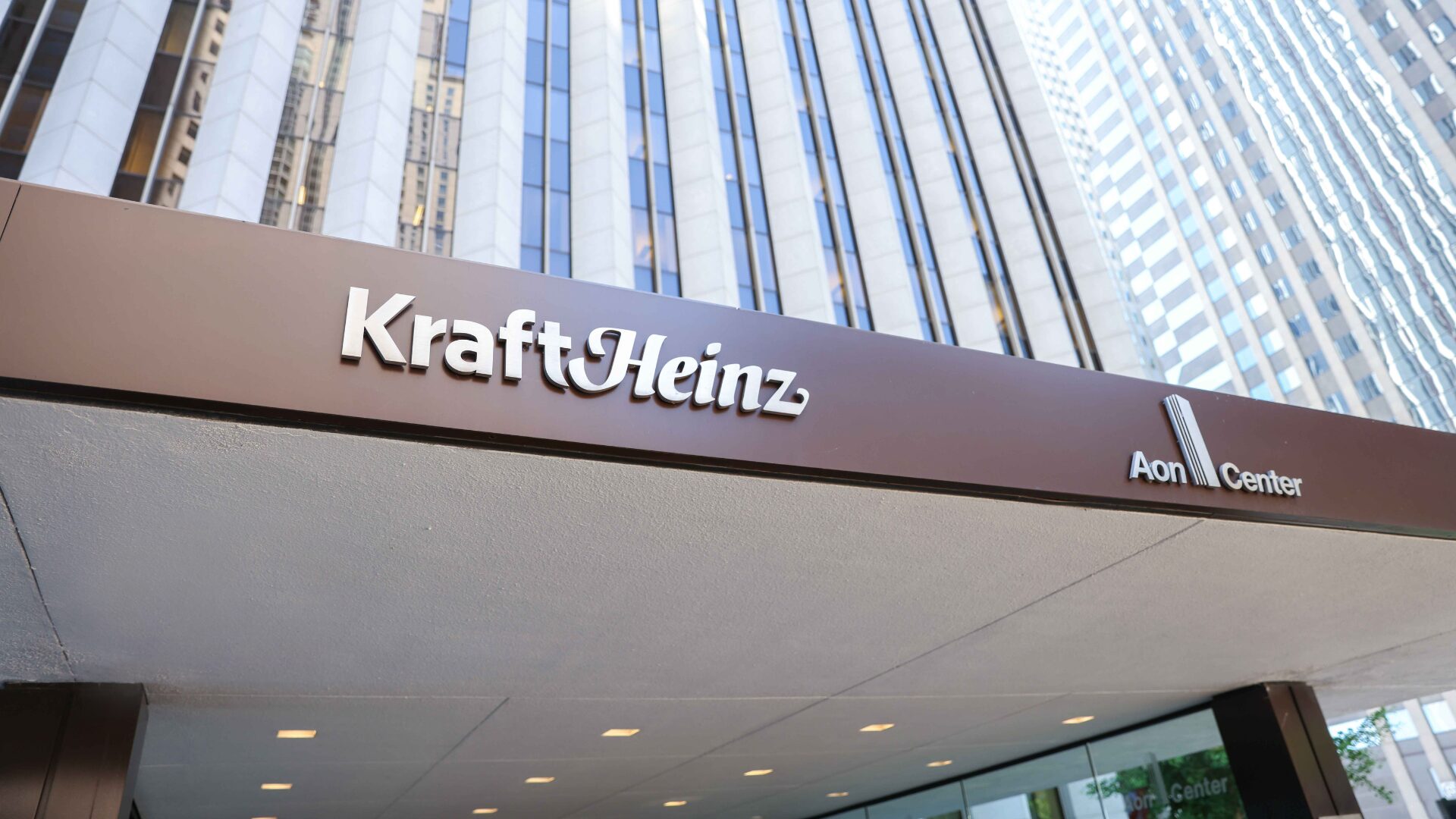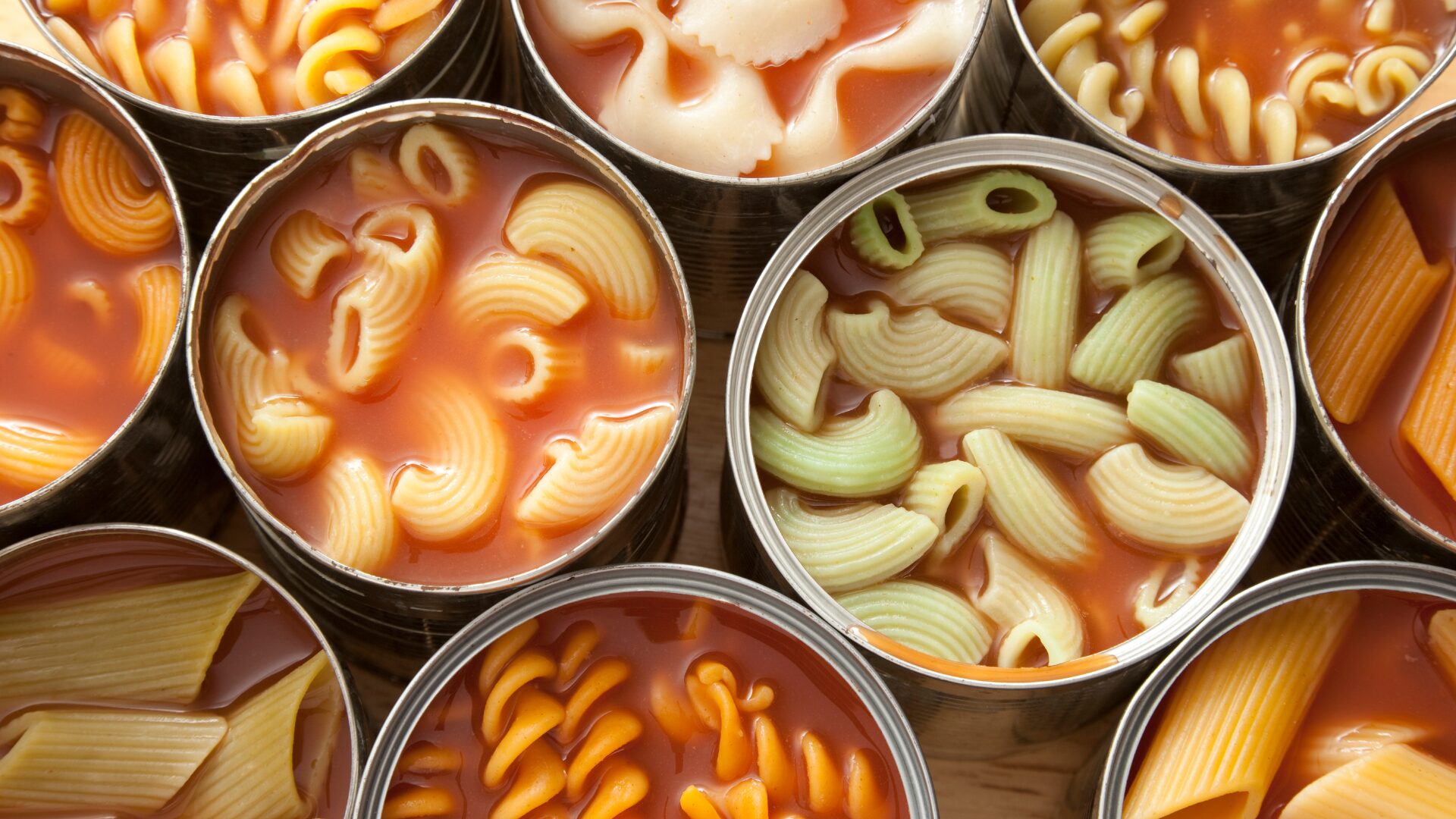It’s a big year for plant-based macaroni and cheese. CPG producers are veganizing the popular comfort food by removing dairy ingredients, adding gluten-free pasta, and in some cases, boosting nutritional value.
“Mac and cheese is one of the most classic, nostalgic foods there is,” said Molly Michet, Chief Product Officer at better-for-you boxed brand Goodles. “Most people grew up with mac and cheese as a convenient, easy-to-prepare meal that didn’t break the bank.”
In November 2023, The Kraft Heinz Not Company launched dairy-free NotMac&Cheese. Three months later, Goodles released a gluten-free version of the vegan comfort food. Plant-based cheese producer Daiya followed suit with a new dry powdered line in March 2024.
“More people want to eat plant-based, but they need options; especially ones that are convenient and cheap,” Sandra Nomoto, an Ethical Marketer for cruelty-free businesses told FI. “This is why Kraft-Heinz’s partnership with NotCo is exciting. [The company] is hoping its brand recognition will drive sales for those who would choose a plant-based version of the long-standing mac & cheese.”
Key Opportunities and Challenges
As Kraft-Heinz noted in its press release, distribution for better-for-you mac & cheese products is outpacing the overall category by more than six times. This figure was based on a Goodles sales analysis from May 2023 using data from Chicago-based marketing firm Circana.
The release also noted that less than 30% of plant-based mac & cheese buyers are repeating purchases, per April 2023 data from Numerator, citing taste and texture as the largest pain points.
“Creating a plant-based version for those seeking to avoid dairy in a packaged format was challenging as we wanted to keep the same cheesy, comforting experience that classic mac and cheese brings,” Michet told FI. “Using ingredients like creamy cashew milk, nutritional yeast, and aromatic garlic provides similar taste and nutritional profile as the real thing.”
Tapping Lactose-and Gluten-Free Markets
As Michet notes, more consumers are avoiding dairy and gluten not just for allergy reasons, but for health, dietary, environmental, and other personal reasons. “This number is growing year over year, and therefore the industry is shifting to accommodate these needs.”
As WebMD reports, lactose intolerance is common in the U.S. and its risks are linked to ethnicity. It affects about 85% of Black adults, about 15% of White adults, and is also more likely to impact consumers with Hispanic, Asian, Native American, or Jewish ancestry.
Meanwhile, estimates suggest that roughly 2 million Americans have celiac disease, and about 6% of the U.S. population is gluten intolerant.
“People in [these groups] should not be limited to plain veggies and grains (although we certainly encourage this!),” said Michet. “Everyone loves comfort food, which is why we strove to create a nourishing, warm, creamy favorite for those preferring plant-based foods.”
Taking Craveabilty to the Next Level
Given the broad appeal of mac and cheese, offering a convenient range of flavors and customizable options, whether it’s gluten-free or low-sodium, can make a big difference, says Tamara Earl, executive chef at vegan restaurant Delectablez, in Wilmington, Delaware.
According to Earl, other key areas to encourage repeat purchase include:
- Taste and texture: Making sure these are “as close as possible to the real deal is absolutely key” for comfort foods.
- Nutritional benefits: “Adding in extra nutrients like vitamins, minerals, and protein can really catch the eye of health-conscious eaters.”
- Sustainability: “Showing that sourcing ingredients responsibly and keeping our carbon footprint in check can really resonate with those who care about the planet.”
- Clean label ingredients: “Keeping it natural, recognizable, and easy to understand without any artificial stuff can really appeal to those looking for healthier choices.”
“Just as [Goodles] strives to create delicious and nutritious food for those seeking a plant-based diet, we also recognize the need to mind the planet and its resources,” added Michet. “On top of being dairy-free, our vegan options are ‘Clean Label Certified’ and use minimal ingredients.”
“By bringing all these elements together in their plant-based mac and cheese products, I personally think that food producers can really up their game and attract more of the growing crowd looking for plant-based alternatives,” Earl concluded.












